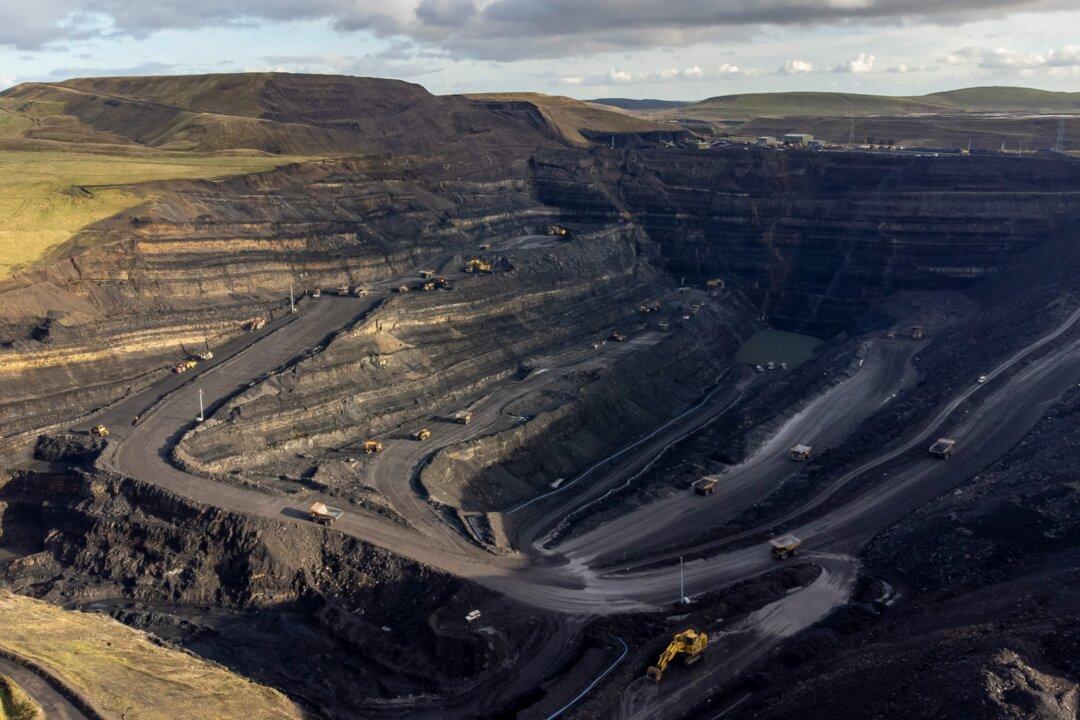Reopening coal mines to produce rare earth minerals seems to be a “winning proposition” for the UK, a policy expert told MPs.
Giving evidence to the Foreign Affairs Committee on Wednesday, Duncan Wood, vice president for Strategy and New Initiatives at the U.S. think tank Wilson Center, said the proposal is being considered for a number of old coal mines.





